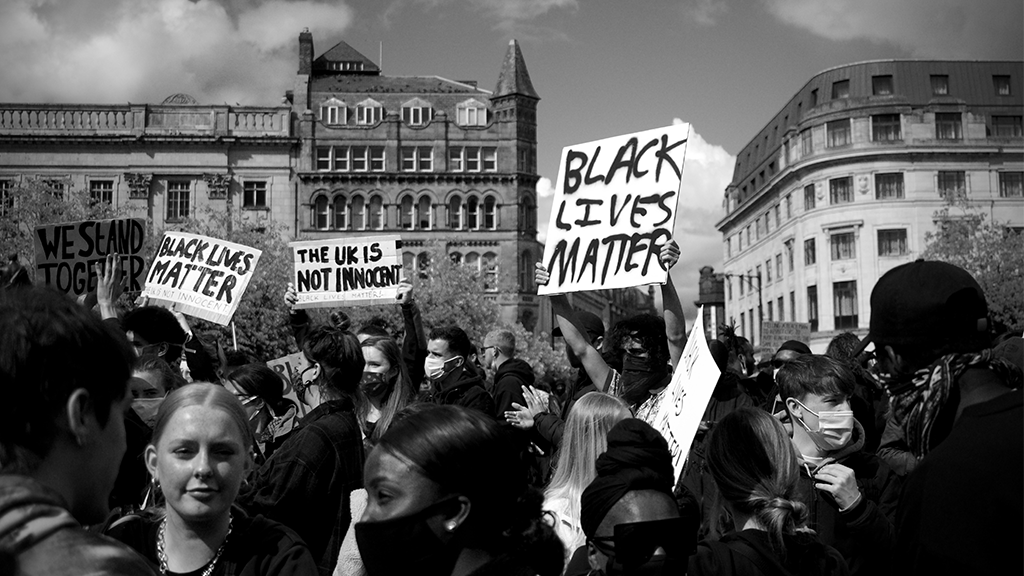Residents Can Shape Miami's New District Map After Ruling Against Racial Gerrymandering

June 6, 2023: A federal judge rejected the City of Miami’s attempt to retain its district map, which is accused of racial gerrymandering. Now, community groups are seeking input from residents to help shape Miami’s following map.
Last month, Judge K. Michael Moore ordered the City to discard its map of five commission districts following allegations by the ACLU of Florida plaintiffs that the map was primarily drawn based on race.
The judge concurred with a report stating that the plaintiffs were likely to succeed in their claim, citing comments made by commissioners during public meetings.
During these meetings, commissioners Alex Diaz de la Portilla and Joe Carollo extensively discussed the preservation of three Hispanic districts, one Black district, and one White district, in consultation with map consultant Miguel De Grandy.
On May 31, the City appealed Judge Moore’s decision and requested a hold on enforcing the order during the appeal. ACLU of Florida attorney Nicholas Warren stated that the judge had indicated he would deny the motion, but there have been no updates in the case docket to confirm this.
Engaging the Community in Redistricting
The plaintiffs, including advocacy groups Engage Miami and the Grove Rights and Community Equity (GRACE), recently developed their proposals for “logical” district shapes. Their maps utilize natural boundaries like the Miami River and significant roadways as district borders.
The groups organized a community forum at Greater St. Paul A.M.E. Church in Coconut Grove to share these maps with the community. Over 60 attendees, including representatives from Commissioner Sabina Covo’s office and her former opponents for the District 2 seat, such as James Torres and Javier Gonzalez, participated in the forum.
Attendees sought clarification from ACLU attorney Warren on how the proposed maps were created, their efforts to protect Black voters throughout the City, and how to ensure the city commission adheres to the judge’s instructions.
Warren explained that the maps were designed based on natural boundaries, aiming to keep existing neighborhoods within a single district. Several communities, including Coconut Grove, are currently divided across multiple districts (Districts 2, 3, and 4).
He also emphasized that the maps were created by an expert who analyzed the number of Black registered voters in each district instead of the City’s analysis, which relied on the number of Black residents of voting age.
According to Warren, the proposed maps by the plaintiffs have a Black voter registration share ranging from 52% to 53% for District 5, allowing Black voters to elect a candidate of their choice.
Residents’ Impact on City Hall
When asked how locals can make a genuine difference in city hall beyond lawsuits like the one brought by the plaintiffs, Warren encouraged them to participate in city meetings and make their voices heard actively.
He stated, “Everyone’s objections from last year, which were recorded and reviewed by the court, made a difference. It may not have resulted in immediate changes in the commissioners’ votes, but it truly mattered.”
Reverend Nathaniel Robinson III, the pastor at Greater St. Paul and a plaintiff in the case, emphasized the broader mission of the lawsuit, countering claims that it was solely focused on Coconut Grove.
He asserted, “Every citizen, every resident in the City of Miami d
eserves meaningful and equitable representation within our city limits. Our case is not just about one community or neighborhood but about the entire City of Miami and its residents.”
Mediation between the City and the plaintiffs is mandated before June 23 to reach an agreement on a new map. If an agreement cannot be reached, Miami must submit its map by June 30, complying with the U.S. Constitution.
As per Judge Moore’s scheduling order, an interim map that eliminates racial gerrymandering must be in place by August 1 to ensure sufficient time before the local elections in November.
Following the November election, the parties are expected to proceed with a full jury trial in 2024, according to the ACLU of Florida.
To actively participate, residents can visit the ACLU of Florida’s website to access the maps and follow Engage Miami for updates on future meetings.
Please note that the agenda for the upcoming City of Miami commission meeting on June 8 does not include any items related to the maps or redistricting.


















































